6. Light of My Life – Casey Affleck
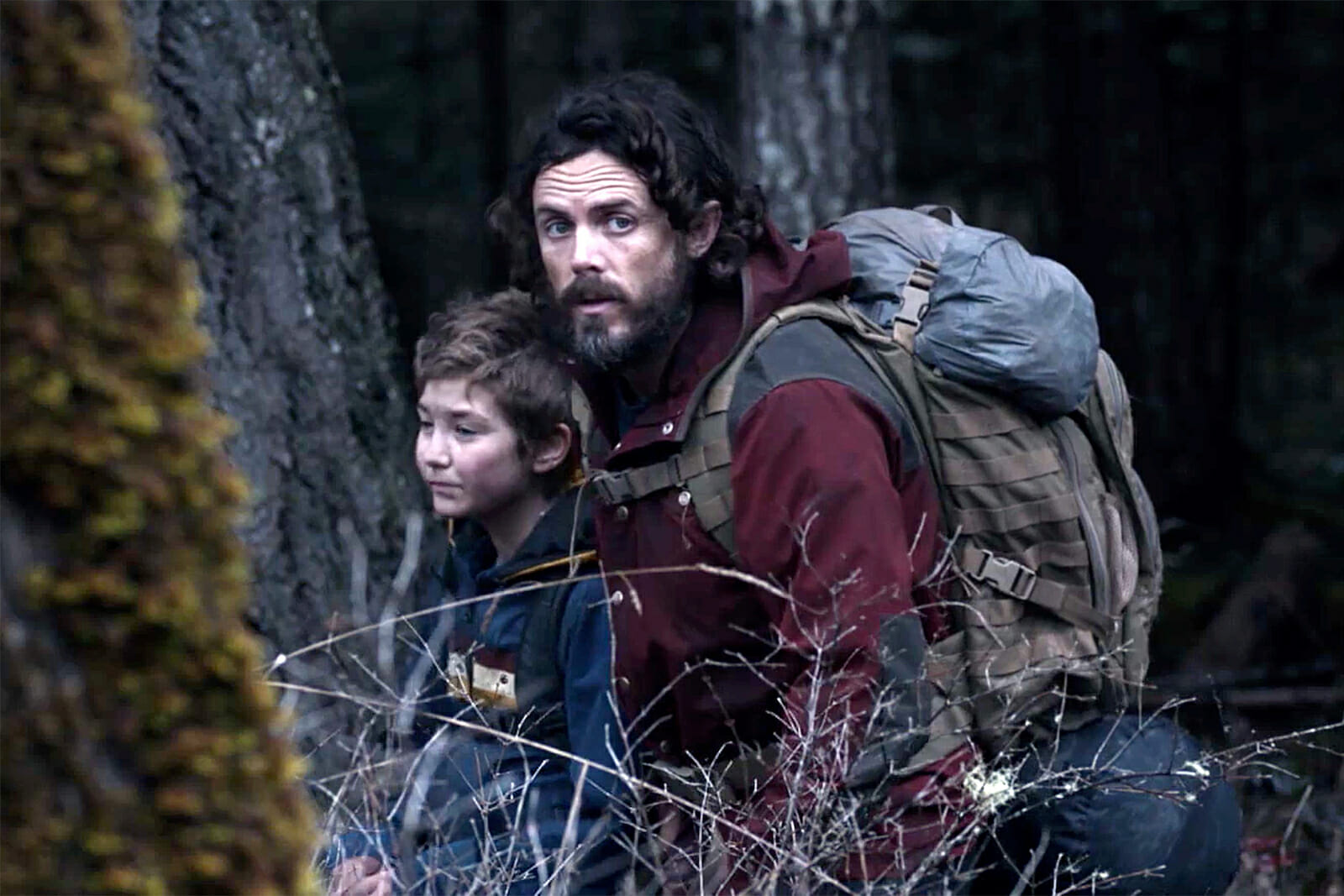
A film that takes place in an apocalyptic winter wasteland probably shouldn’t have been dropped in the middle of summer. Regardless, Casey Affleck’s directorial narrative debut is extremely precise and focused. It tells the story of a father caring for his daughter, disguised as a boy in a future with no females.
The film’s style is very reminiscent of transcendental or observant cinema; the camera rarely moves and much of the action takes place between the conversations, glances, and exchanges between Affleck and young actress Anna Pniowsky. This approach makes the atmosphere and mood of the post-apocalyptic world stand out visually and psychologically.
With comparisons to “The Road” or “Children of Men” due to its narrative and style choices, Affleck makes his film truly focused on the protection of a father to his daughter. He certainly succeeded and with a gut-wrenching climax, the film certainly leaves a lasting impression.
7. Genese – Philippe Lesage
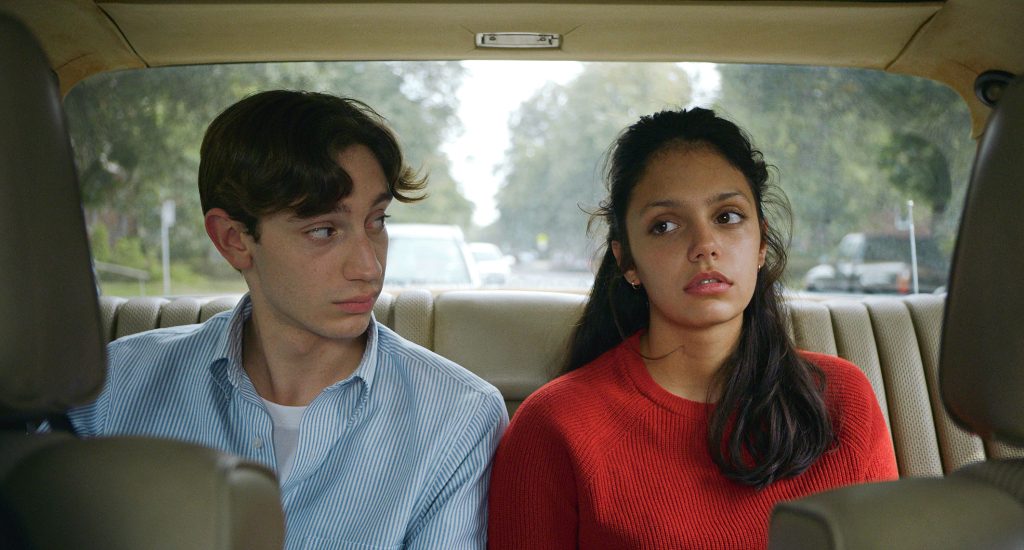
A French-Canadian film that explores the relationships of young adults and teenagers and their struggles with romance and toxic people. It’s a film that is undeniably in the spirit of French coming-of-age, doomed romance, or adolescent struggles, as Lesage tells multiple stories in this underrated film.
Even continuing with some of the characters from his film “The Demons,” Lesage explores two half-siblings’ romantic and sexual exploits. Without revealing the heavy notes, we see themes of hidden sexuality and exploration, fragilities of an open relationship, and struggles to express oneself in painful ways. Lesage allows the camera and soundtrack to capture these moments that might otherwise be on the cutting room floor. That’s what makes this film stand out from other stories on similar topics.
Lesage definitely invites us into his characters’ worlds and story; it’s up to us to go on this journey, and it’s one not to be missed.
8. Synonyms – Nadav Lapid
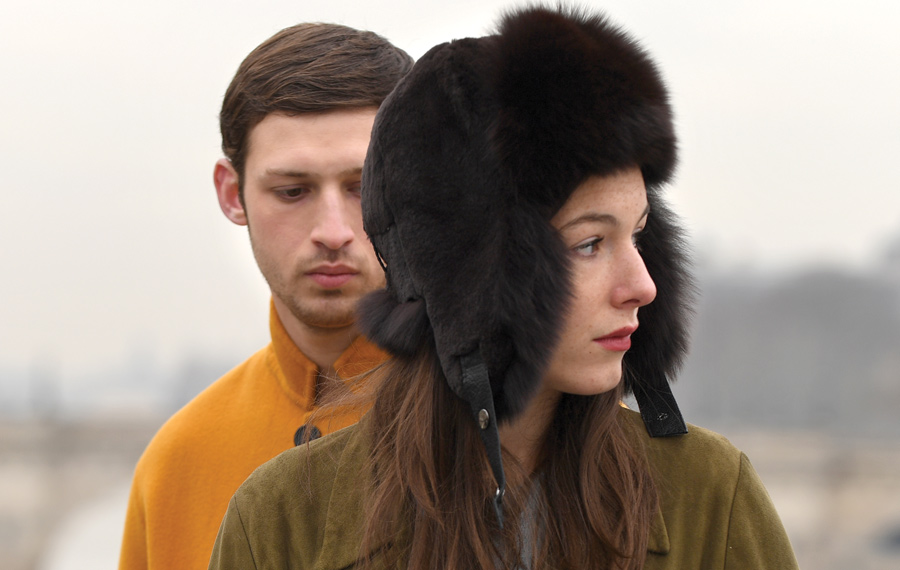
This film explores the themes of identity from a recently discharged Israeli soldier starting out anew in Paris. What follows is a completely unpredictable narrative, character, and tone of film, much like exploring one’s identity.
After a comedic deadpan awakening of a first scene, Tom Mercier’s Yoav befriends a young Parisian couple, which starts in misadventures in the capital. From a unique score, camerawork, and overall approach, Yoav is constantly searching, creating, and disowning himself in the process.
The film shows a new perspective on identity films and people transitioning into a new life. And in this film, layers upon layers of a possible new life are explored, so it’s definitely worth the pursuit of exploring this film, much like Yoav is of himself in the film.
9. Photograph – Ritesh Bitra
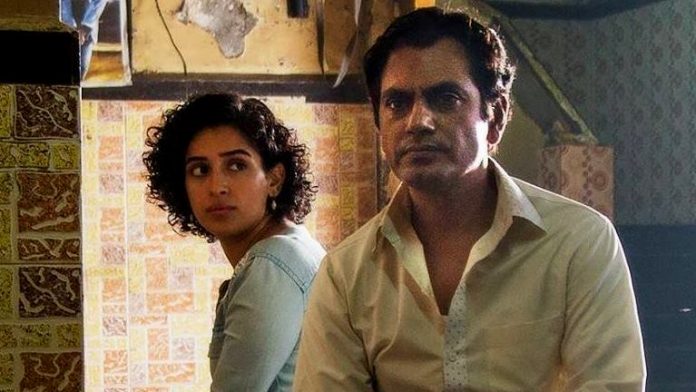
After a few non-Indian films, Ritesh Bitra returns to his native India to explore an old-fashioned romance. Almost continuing some of the roots from his breakout “The Lunchbox,” he now explores a struggling street photographer and shy stranger’s romance in the vein of social class and expectancy.
Through Indian rituals and customs, these two individuals form a unique bond in a subtle, soft, and generous way, thanks to Bitra’s approach. It’s something out of lost classic melodrama of the 1940s. With this humane approach, the film observes the stillness, hesitation, and meditative yearning of these two quiet individuals.
Sure, the film might test peoples’ patience, but it’s hard to ignore its charming leads, Nawazuddin Siddiqui and Sanya Malhotra. If you’re in the mood for a quiet connection between two people from a specific view of the world – in this case colorful India – this might be the film for you.
10. Our Time – Carlos Reygadas
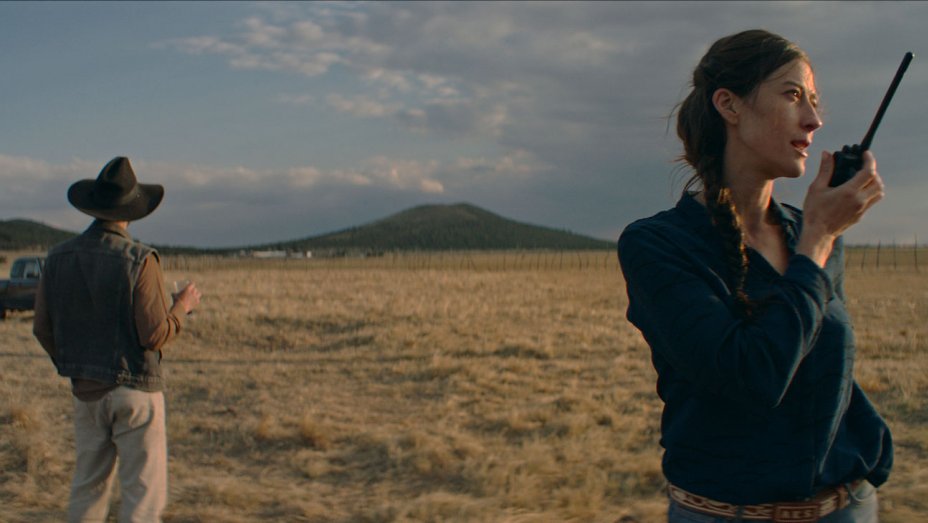
After a seven-year gap, Carlos Reygadas returns continuing his exploration of philosophical realism and poetry though cinema. With a narrative where he plays a poet and farm hand with his real life family, we see a marriage and relationship put to the test, amongst many external themes and stories.
Drifting from open marriage to floating over Mexico City to the killing of a mule, Reygadas doesn’t hold back or allow his audience to figure out all the details from one or even a few screenings. It’s a film that you have to allow to wash over you with its visuals, sounds, character choices, and themes.
With the realism aspect of casting his own wife, children, and himself, yet still exploring all the boundaries of cinema, Reygadas truly thrust himself into this film. With scenes of voiceover, concerts, and voyeurism, it’s a film of great ambition and length that definitely shows Reygadas operating in his own field.